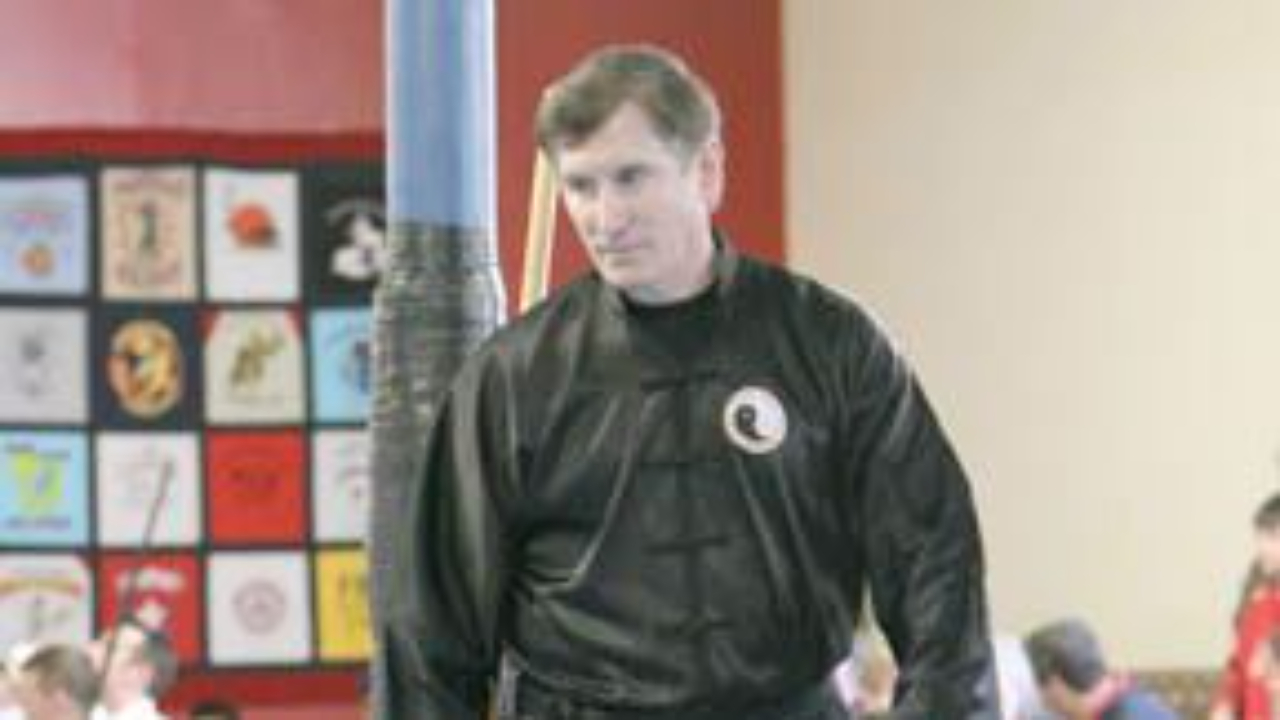How to Develop the Mindset of a Successful Martial Artist

If you are a martial artist, you are an athlete. You might be going for a yellow belt or trying to learn the next form. You might be preparing to compete in a tournament. It's always nerve-wracking to put yourself on the line and perform in front of other people. When you do any of these things, you are an athlete and your success will be more certain if you develop the mindset of a top athlete.
Top athletes use various mental preparation techniques to optimize their performance during competitions. Here are some common strategies they employ:
-
Goal setting: Athletes set specific, measurable, achievable, realistic, and time-bound goals to help them stay focused and motivated. Don't set unrealistic goals. Your next goal might be to learn the first five movements of a form. Learn them, practice them until you can do them well, and then set your next goal. Perhaps your goal is bigger, such as going for a black belt or black sash. You can achieve it.
-
Visualization: Also known as mental imagery or mental rehearsal, athletes visualize themselves performing well in their sport, helping to build confidence and improve performance. Olympic athletes often can be seen in silence before a competition, mentally going through every part of their performance and watching in their minds as they do everything flawlessly.
-
Positive self-talk: Athletes use positive affirmations and self-talk to boost their confidence, stay focused, and reinforce their belief in their abilities. Don't slip into self-destructive habits such as telling yourself, "I'll never be able to do this." Your self-talk often becomes a self-fulfilling prophecy, so build yourself up. You can do it.
-
Mindfulness and meditation: Practicing mindfulness, qigong and other meditation helps athletes stay present, reduce stress, and control their emotions during competition.
-
Pre-competition routines: Developing consistent pre-competition routines helps athletes feel more comfortable and focused before an event. These routines may include specific warm-ups, stretching, or even listening to music.
-
Focus and concentration training: Athletes train their ability to maintain focus and concentration under pressure, which can be achieved through various mental exercises or sports psychology techniques. Sometimes you can do a form in a strange gymnasium, with judges and spectators, and it throws you off because you are not in your usual place to do the form. I encourage everyone to do your form and begin by facing a different direction each time. When you practice that way, you won't be thrown if you reach part of the form and the visual surroundings are different than usual. But focus also means keeping calm and focusedf. When sparring, I got to the point where I didn't even keep score. I didn't want my mind distracted from the calm attitude I developed. After each point was scored I calmed my "monkey mind" and focused on the next encounter with my opponent.
-
Emotional regulation: Learning to manage emotions effectively helps athletes stay composed and perform optimally during competition. When I sparred, I enjoyed it when my opponent got angry. That kind of emotion always made him reckless and sloppy, while I remained cool and calm. It's a game-changer.
-
Stress and anxiety management: Athletes use relaxation techniques such as deep breathing, progressive muscle relaxation, and meditation to manage stress and anxiety. Qigong helps a great deal in daily life to calm the mind and body. It helps you manage stress. In a competition setting, sometimes visualization can help. Here's an example. For years, I would be very nervous when I stood up to do a form in front of an audience and judges. Finally, I decided to view it differently. I was usually the only Tai Chi, Xingyi or Bagua person in the black belt division, so I decided that I wasn't competing, I was demonstrating my art. I wanted the world to see that the arts I do are not "soft" arts, they are martial arts. That enabled me to ease the anxiety of competition and focus on showing my art. Ironically, I began winning more.
-
Seeking professional help: Many top athletes work with sports psychologists or mental performance coaches to develop personalized mental preparation strategies and address any mental barriers to success. Your martial arts instructor should be able to help. If not, it might be time to find another instructor.
-
Learning from experience: Top athletes reflect on past performances, both successful and unsuccessful, to learn from their experiences and apply those lessons to future competitions. I have had students who stopped competing in tournaments and sometimes dropped out of martial arts entirely if they didn't do well in competition. I took a different view. Each time, especially if I did not do well, I studied my performance to see what I could do better. Then I would work on it before the next competition. And here is another secret. Even if I won first place in a tournament, I would study my performance to see how I could improve. We can always improve, even if we win first place.
These mental techniques are not exclusive to top athletes; anyone can benefit from incorporating them into their own training and competition routines. It can also help you in the workplace and even in relationships. Setting goals, practicing hard, maintaining a positive habit of self-talk, a desire to improve, and above all, persisting through the good and bad times to achieve the goals you set for yourself -- this is the recipe that makes a champion.
--by Ken Gullette
Try Two Weeks Free and Get Step-by-Step Training in Taiji, Xingyi and Bagua from Basic to Advanced Skills with No Mystical Mumbo-Jumbo
More than 850 Video Lessons and Downloadable pdf documents -- and You Get It All During Your Free Trial!
Click this Button to Learn More and Watch a Video!
